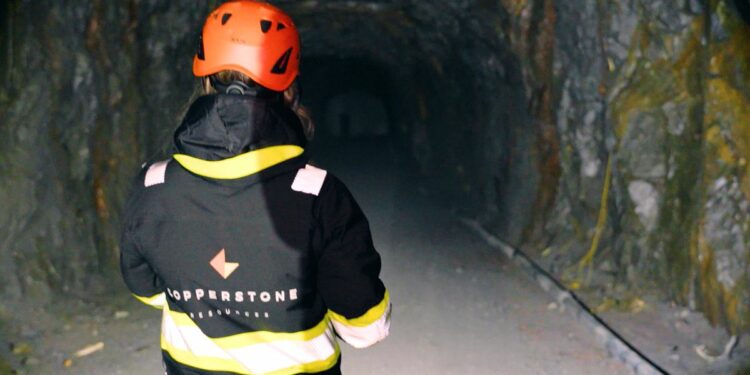Euronews travelled to Sweden, a mining powerhouse, to explore the implications of this target for the continent.
In Gällivare, Boliden operates the Aitik mine, Europe’s largest copper mine. Klas Nilsson, the company’s spokesperson, acknowledges the environmental impact but emphasizes Boliden’s efforts to minimize it.
“Of course we have an impact on the environment. But should we build our entire climate transition on metals being produced in other continents?” says Nilsson, who argues for local production over imports from regions with lower labour and environmental standards.
But some locals like Katarina, who had to relocate due to mining expansion, express scepticism about the industry’s environmental motives:
“They say that they have their mines for the sake of the climate. I call bullshit! They have their mines to make money. Nobody opens a mine to save the climate,” Katarina says.
Europe’s last indigenous people
The region is also home to the Sámi, the EU’s only indigenous people, who lament the fragmentation of their territory due to mining and industrial development.
Niila Inga, a reindeer herder, tells Euronews: “They need this iron or the copper, or whatever it is. So we have to move”
Regardless of the next EU elections’ results, metals will remain a priority for Europe, potentially heightening tensions between the need for energy transition and autonomy on the one hand, and local environmental concerns on the other.
Balancing these conflicting interests presents a challenge for Member states, as they navigate an uncertain shift from fossil fuel addiction to dependency on metals.
Source link : https://www.euronews.com/2024/05/03/swedens-sami-pay-the-price-in-europes-quest-for-raw-materials
Author :
Publish date : 2024-05-03 07:00:00
Copyright for syndicated content belongs to the linked Source.





